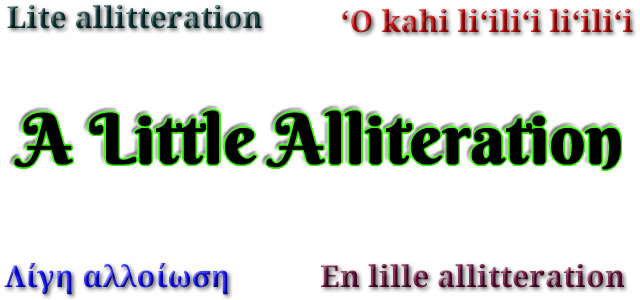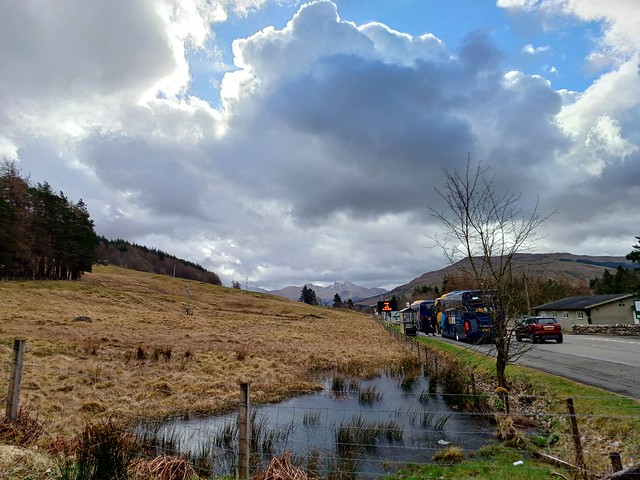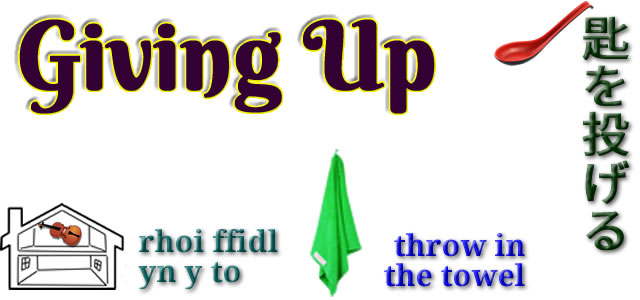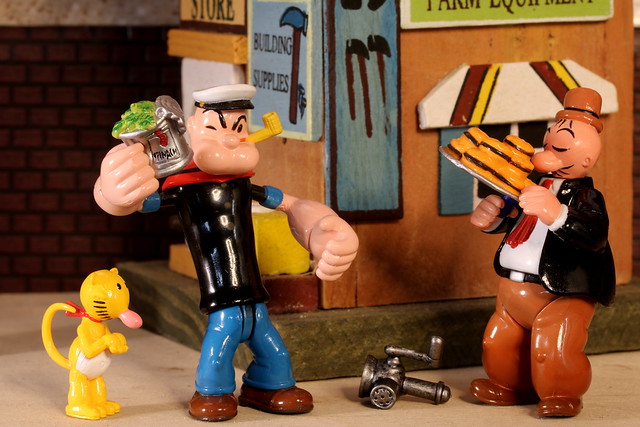Is the word kitchen related to the words apricot, pumpkin and melon? Let’s find out.
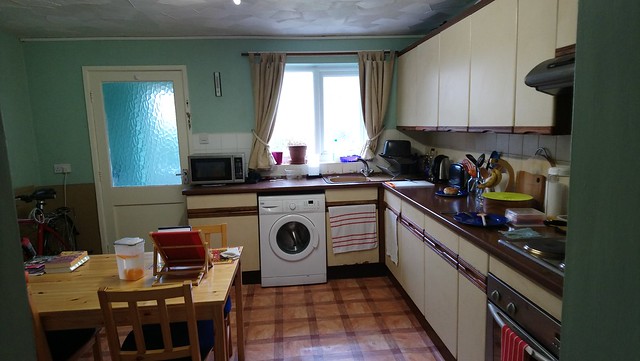
This is my current kitchen, which will soon be replaced with a new one, that I bought this week.
Kitchen [ˈkɪtʃ(ɪ)n / ˈkɪtʃ(ə)n] comes from Middle English kichen(e), from Old English cyċene (kitchen), from Proto-West Germanic *kukinā (kitchen), from Late Latin cocīna (kitchen), from coquīna (cooking, kitchen, cookery), from coquō (to cook, ripen), from earlier *quoquō, from Proto-Italic *kʷekʷō (to cook), from Proto-Indo-European *pékʷeti (to be cooking, to ripen), from *pekʷ- (to cook, ripen) [source].
Apricot was originally apricock in English, from Catalan abrecoc / abricoc (apricot), from Arabic الْبَرْقُوق (al-barqūq – plums), from Byzantine Greek βερικοκκία (berikokkía – apricot tree), from Ancient Greek πραικόκιον (praikókion – apricot), from Late Latin (persica) praecocia (“(peaches) which ripen early”), from praecox (ripe before its time, premature, precocious, untimely), from prae- (before) and coquō (to cook, ripen), from Proto-Italic *kʷekʷō (to cook), from PIE *pékʷeti (to be cooking, to ripen), from *pekʷ- (to cook, ripen) [source].
Pumpkin comes from Middle French pompon (melon, cucumber), from Latin pepō (pumpkin, large melon), from Ancient Greek πέπων (pépōn – large melon), from πέπων (pépōn – ripe), from πέπτω (péptō – ripen), an alternative form of πέσσω (péssō – to soften, ripen, boil, cook, bake), from Proto-Hellenic *péťťō (to cook, ripen), from PIE *pékʷ-ye-, from *pekʷ- (to cook, ripen) [source].
Melon comes from Middle English melo(u)n (melon), from Old French melon (melon), from Late Latin melonem (melon), from Latin melopeponem, from Ancient Greek μηλοπέπων (mēlopépōn – melon), from μῆλον (mêlon – apple, any fruit from a tree) + πέπων (pépōn – ripe) from PIE *pékʷonts (cooking, ripening), from *pekʷ- (to cook, ripen) [source].
So parts of them at least share a common root: PIE *pekʷ- (to cook, ripen).
Other words from the same root include biscuit, concoct, cook, cuisine, dyspepsia (indigestion) and precocious in English; keuken (kitchen, cuisine), kok (cook, chef) and koken (to cook, boil, seethe) in Dutch; and cegin (kitchen), cogydd(es) (cook), pobi (to bake, roast), poeth (hot, spicy) and popty (oven, bakery) in Welsh [source].











